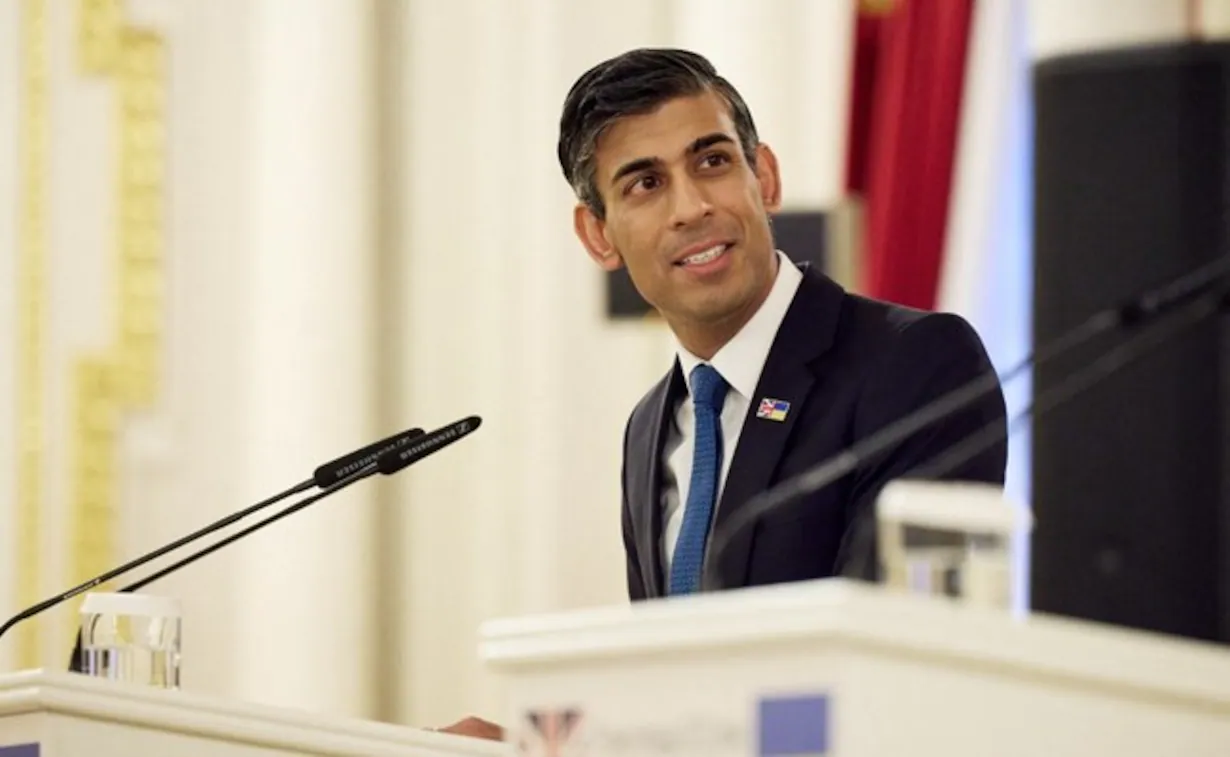The UK government is poised to revamp its development policy by allocating millions of pounds toward assisting countries in preparing for future humanitarian crises, as revealed by the BBC. A newly introduced £150m fund aims to expedite financial aid to poorer nations during emergencies and mitigate the impact of forthcoming climate-related disasters.
Expected to be integrated into a comprehensive White Paper, this shift aims to optimize Britain’s foreign aid expenditure while exploring fresh avenues for international funding. By publishing this 140-page policy document on Monday, officials aim to bolster Britain’s stature as a development powerhouse, seeking to counteract previous aid reductions.
This transformative plan, anticipated to gain endorsement from global leaders, philanthropists, and finance authorities, seeks bipartisan support in Parliament to ensure longevity beyond electoral cycles.
The crux of the White Paper revolves around acknowledging the transformative effects of conflict, climate change, and the pandemic, urging a shift in the development paradigm. Rather than unilateral wealth distribution, the proposal advocates for collaborative partnerships rooted in mutual respect, fostering a global system that innovates poverty alleviation methods.
Crucially, while maintaining the commitment to allocate 0.5% of national income to foreign aid annually (amounting to approximately £12bn in 2022), the document outlines strategies to maximize the efficacy of this aid. A proposed allocation of about £1bn for humanitarian aid in 2024 will channel 15% into a “resilience and adaption fund,” aimed at proactively aiding countries in readiness for future humanitarian and climate crises.
This proactive approach extends beyond immediate relief by investing in long-term solutions such as wells and reservoirs in drought-prone regions. Moreover, the plan includes innovative measures like special insurance schemes and readily accessible contingency funds to expedite humanitarian aid during emergencies, bypassing delays caused by fundraising efforts.
Additionally, the White Paper is expected to outline measures allowing developing countries to halt repayments on international debts during crises, alongside initiatives to attract more private finance to support the UN’s sustainable development goals (SDGs). Acknowledging the discrepancy in meeting the 2030 SDG targets, the proposal aims to leverage the balance sheets of international financial institutions to encourage greater private investment, including pension funds, toward poverty reduction, education, health, and climate action.


